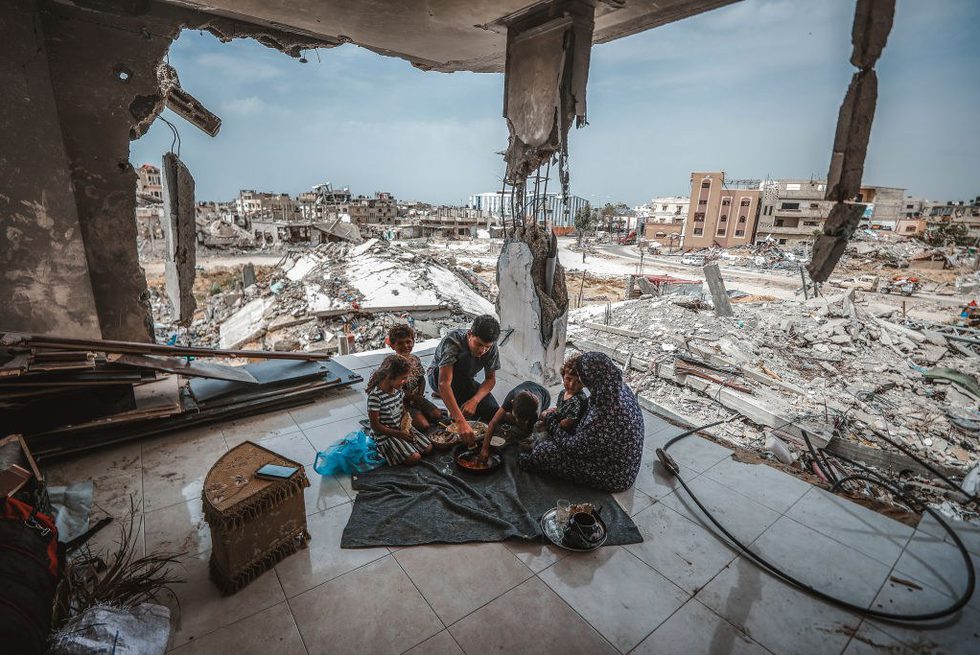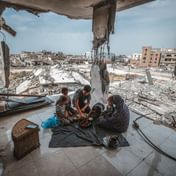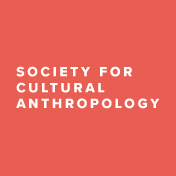
The essays in this series were written during the summer of 2024, and may not fully address rapidly escalating violence in the region.
As the essays in this series go to press, a genocidal war in Gaza continues to escalate throughout Palestine and around the region. 1.8 million Palestinians in Gaza face famine-like conditions, all critical infrastructure has been destroyed, and not a single university in Gaza is functional. The buildings of Gaza's several universities are 80 percent destroyed; hundreds of educators and thousands of students have been killed. Oxford scholar Karma Nablusi, referring to the context of the Israeli assault on Gaza in 2009, called the repeated and systematic destruction of Palestinian educational institutions over time, scholasticide. In the face of this ongoing catastrophe, this Hot Spots series contributes to continued efforts to amplify and produce multi-dimensional and layered scholarship on Palestine in regional perspective.
The second half of this series was published on November 5.
Posts in This Series

Introduction: Anthropology in a Time of Genocide
The essays in this series were written during the summer of 2024, and may not fully address rapidly escalating violence in the region. This collection was spark... More

Changing Concepts of Return: Palestinians Between the First and the Present Nakba
Translated by Abdelrahman ElGendy The essays in this series were written during the summer of 2024, and may not fully address rapidly escalating violence in the... More

Ashlaa’ and the Genocide in Gaza: Livability against Fragmented Flesh
This essay initiates a roundtable with responses from Ghassan Abu-Sittah and Sarah Ihmoud. “We’ve extracted martyrs, many of whom are decomposed and completely ... More

The Character of Settler-Colonial Violence
This essay is a response to Nadera Shalhoub-Kevorkian's "Ashlaa’ and the Genocide in Gaza: Livability against Fragmented Flesh." The character of settler-coloni... More

(Re)membering the Dead at the End of the World: Ashlaa’ as Critical Feminist Methodology
This essay is a response to Nadera Shalhoub-Kevorkian's "Ashlaa’ and the Genocide in Gaza: Livability against Fragmented Flesh." Death is a blessing, and the li... More

From Gaza Hospital to Gaza’s Hospitals: On Humanitarian Possibility and Impossibility
The essays in this series were written during the summer of 2024, and may not fully address rapidly escalating violence in the region. The provision of medical ... More

Palestine and the Anthropology of Crisis
“Crisis” is one of the most widely-used terms to describe the tragedies currently unfolding in Gaza, Palestine/Israel, and the Middle East. Western media commen... More

The Repetition of Return
The following is the first-person narrative of an experience of the 1948 Nakba—as told to me by Um Subhi Abu Ramadan, from Hamama village whom I interviewed in ... More

Notes on the Underground in Gaza
The essays in this series were written during the summer of 2024, and may not fully address rapidly escalating violence in the region. Antonio Gramsci describes... More